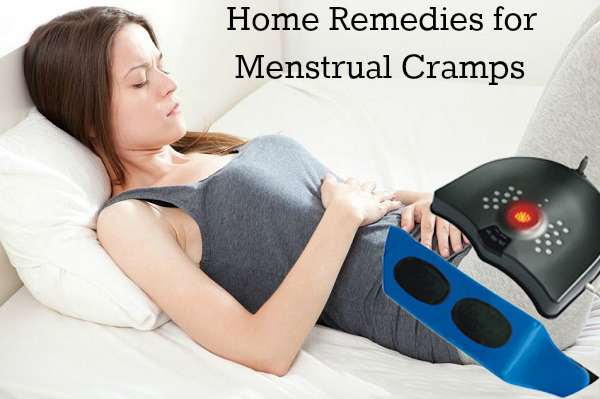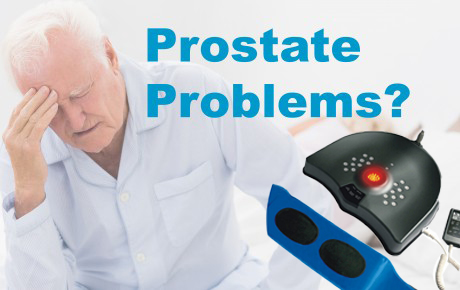An effective new treatment for human African trypanosomiasis (commonly known as sleeping sickness) was approved by the European Medicines Agency (EMA) in London, England on November 16 to use this for countries affected by the disease. Therapy cleared the obstacles.
Researchers say this could quickly improve the lives of thousands of patients living in West and Central Africa - where sleeping sickness is caused by a parasite transmitted by tsetse flies, which can cause not only severe sleep pattern disturbances, It can also be offensive, insane, and ultimately lead to death.
Peter Hotez, a tropical disease expert at Baylor College of Medicine in Houston, Texas, said, "This is a great victory for sleeping sickness in Africa." It is also a neglected disease drug initiative (DNDi, rediscovering drugs and urging them to A great victory for a non-profit organization approved. Hotez believes: "This is a good validation of the DNDi method."
National health officials reported to the World Health Organization (WHO) in 2017 that there are 1,447 cases of sleeping sickness in Africa, but it is widely believed that the actual number of cases is much higher. Just 10 years ago, the main method of treating human sleeping sickness in Africa relied on the arsenic-containing drug, mela sterol, which caused 5% of deaths.
The currently used sleeping sickness drugs called ivolonov and nifurtimo are not fatal, but they involve a complex range of infusions and drugs and must be treated in hospitals; these also require patients to suffer painfully Lumbar puncture to check for the presence of parasites in the spinal fluid. All of these restrictions prevent many patients in African countries with sleeping sickness from being properly treated. These countries include the Democratic Republic of the Congo, the Central African Republic, Guinea and Chad.
The new drug, called acitretin, can be taken 1 tablet a day for 10 days. Desipherazole was originally developed in the 1980s and was later abandoned by the German Hearst Pharmaceutical Company, which owned it; in 2005, DNDi researchers rediscovered the drug when it looked for possible anti-parasitic compounds.
DNDi worked with the pharmaceutical company Sanofi to test the drug on sleeping sick patients and applied for EMA recommendations based on a set of special rules designed to help low- and middle-income countries outside the EU market new drugs on the market. . This so-called Article 58 procedure involves experts from EMA, WHO and countries affected by sleeping sickness.
On the same day, a scientific committee of the EMA announced a “positive opinion†on non-siazole, paving the way for some African countries to approve the use of the drug – all within 90 days. DNDi said that the first patients should be able to receive this treatment in mid-2019.
Nathalie Strub-Wourgaft, director of DNDi's neglected tropical disease department in Geneva, Switzerland, said the new treatment brought good news on several levels. Because sleeping patients no longer need travel treatment, they can be cured earlier, which is not only beneficial to these patients, but also helps to slow the spread of the disease.
The researchers point out that the drug is effective for both mild and severe sleeping sickness, so health workers no longer need to test the patient's spinal fluid. Moreover, the fact that sleeping sickness patients no longer need to be hospitalized will alleviate the pressure on hospital beds and staff scarcity faced by poor African countries.
Hotez said that this treatment also rekindled hope, which is expected to completely eliminate sleeping sickness, but this requires the joint efforts of all countries.
"We have been here before," Hotez said. In the 1960s, “the incidence of sleeping sickness was at its lowest pointâ€, but the war in areas affected by the disease destroyed most of the existing results. He said that the world should not miss this new opportunity to finally overcome this disease. "There will be conflicts in Africa in the future."
Sleeping sickness is a disease caused by parasitic infections called trypanosomes and is prevalent in Central Africa. The trypanosomes are parasitic in humans and animals and cause serious diseases. For example, the G. sylvestris transmitted by tsetse flies can cause fatal sleeping sickness. Adults are mainly parasitic in the blood of vertebrates (especially fish, birds and mammals). Most species require an intermediate host (insect or cockroach) to complete their life history. For example, the pathogen of sleeping sickness, Trypanosoma variabilis or Rhodosinia, is transmitted through tsetse flies. Sleeping sickness is mainly characterized by excessive sleep. Various complications can occur during the disease of African sleeping sickness. Complications are related to the progression of the disease, such as myocarditis, affecting growth and development. (Zhao Xixi)
Source: Chinese Journal of Science
Prostate Treatment Machine
Prostate Treatment Machine is the most advanced health care device of the rostate gland in the world today. This product starts the new technologic era in the health care of the prostate gland. It combines far infrared ray, electronic pulse, magnet therapy and thermotherapy to improve the whole environment of the pelvic cavity in order to increase blood circulation of overall pelvic cavity.
It allows increase blood flow into the weakened tissue for enhance ecovery and pain relief. The special care to the most important accupoint [Huiyin" of prostate gland and pelvic cavity plays a very important role in the device, this helps to improve the total conditions of the procreation system. Meanwhile, this device also has obvious effects upon female pelvic cavity. Also it can help to prevent the disease of rectum.


Health Care Device,Prostate Treatment Machine,Prostate Gland Therapy,Prostate Gland Therapy Device
Shenzhen Guangyang Zhongkang Technology Co., Ltd. , https://www.nirlighttherapy.com